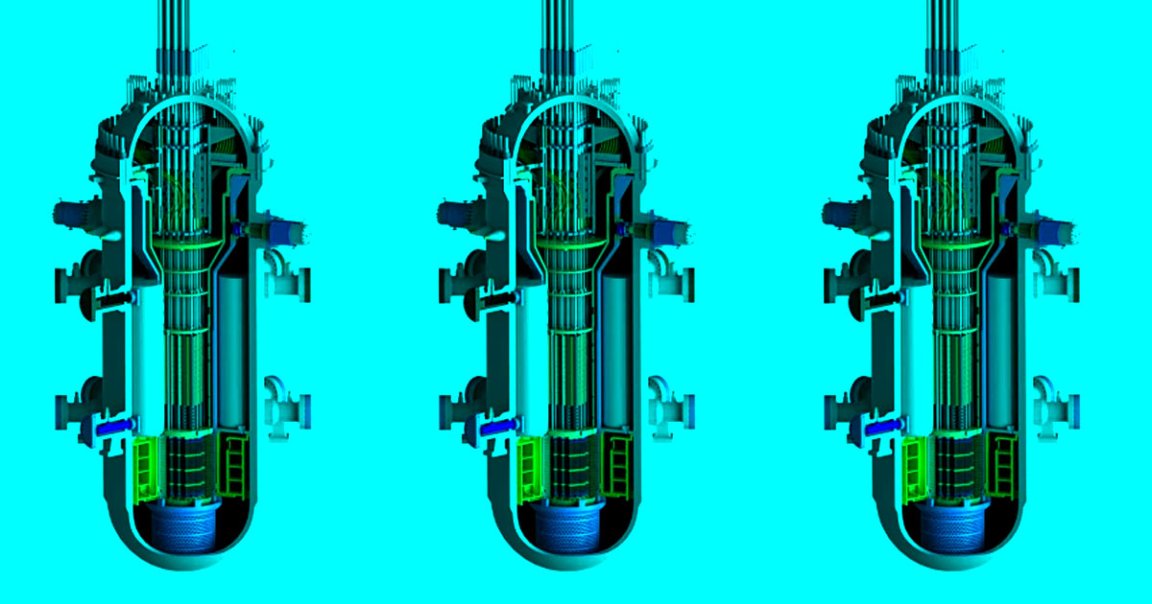
Three Mile AIsland
Tech giant Microsoft is betting big on nuclear power to power its extremely electricity-hungry AI models.
On its own, that shouldn’t come as too much of a surprise. Machine learning uses a notoriously huge amount of power, leading companies like Microsoft to look for greener alternatives to fossil fuels like coal or natural gas.
This is where things get wild, though. The company is so all-in on AI, the Wall Street Journal reports, that it’s currently training an AI to do the paperwork for setting up new nuclear power plants.
“For the past six months,” the paper reported, “a team of Microsoft employees have been training a large language model with US nuclear regulatory and licensing documents, hoping to expedite the paperwork required for such approvals, which can take years and cost hundreds of millions of dollars.”
Nuclear Option
Think of the cost savings! Needless to say, given AI’s track record at totally screwing things up, we hope a human is breezing over the paperwork before they break ground on any new nuclear facilities.
Instead of going all in on solar and wind power, tech companies like Microsoft and Google are increasingly turning to the idea of small modular reactors (SMRs), which are scaled-down power plants that aim to reduce construction costs through the standardization of components and systems. Despite dozens of designs being considered worldwide, there are zero SMRs currently in operation in the US.
Permitting and construction for SMRs is still incredibly expensive, per the WSJ. As such, Microsoft is teaming up with nonprofit Terra Praxis, which told the WSJ that AI could cut 90 percent of the human hours required to get a new plant approved.
While setting an AI loose on nuclear regulation paperwork sounds like a potentially dangerous idea, the company is adamant that it’s doing its homework to ensure a machine isn’t about to trigger a nuclear meltdown. Besides, it’s not like Microsoft is handing an errant AI the nuclear codes.
“What we’re doing here is training a [large language model] on very specific highly structured documents to produce another highly structured document almost identical to previous documents,” Terra Praxis co-CEO Eric Ingersoll told the WSJ. “We’re not getting the kind of wacky answers where the AI is hallucinating.”
More on nuclear power: Teen Activist Lectures Greenpeace to Stop Railing Against Nuclear Power